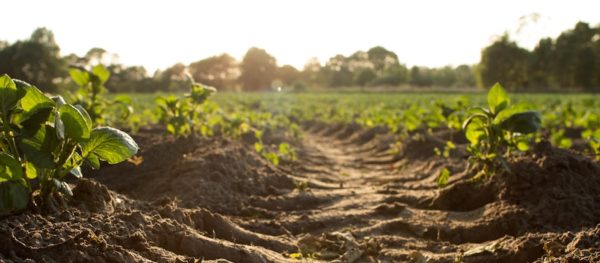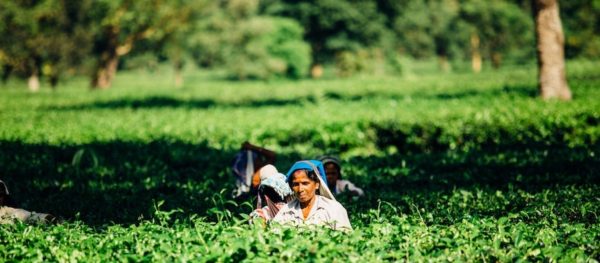Tag: crop

How Soil Health Contributes to Sustainable Development
Global: Rattan Lal, Distinguished University Professor of Soil Science at The Ohio State University,
Read MoreSolving The Water Crisis by Saving Money in Agriculture
Asia: Creative solutions in the Indian agriculture sector have been shown to save water, energy and money in the face of a national water crisis.
Read More

